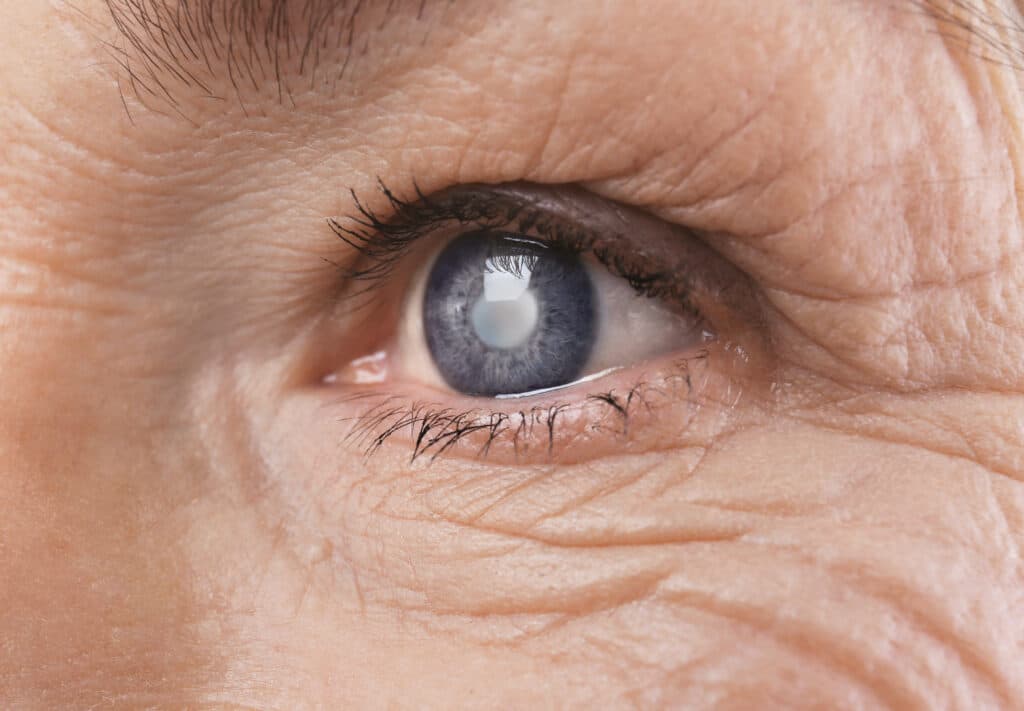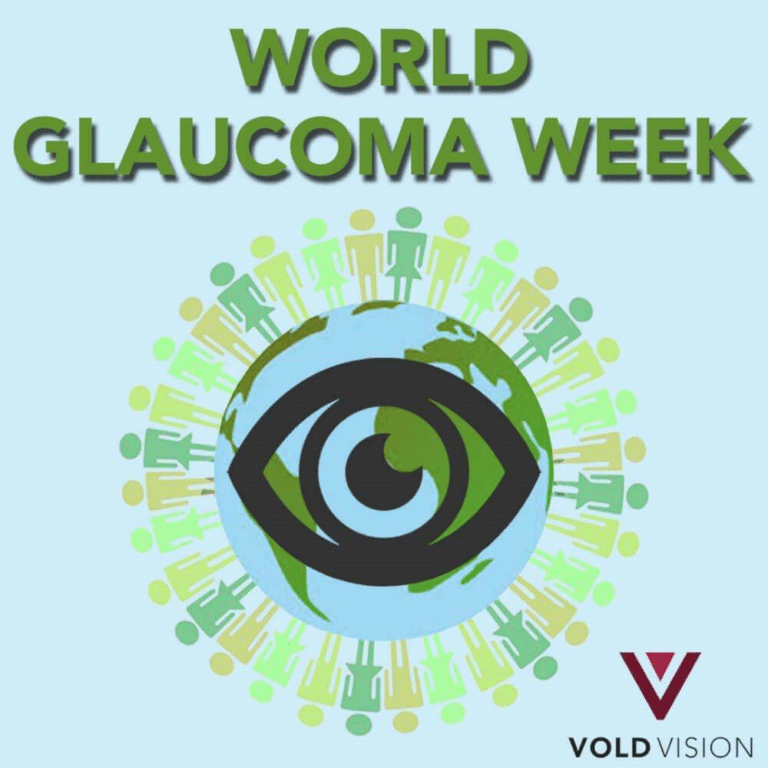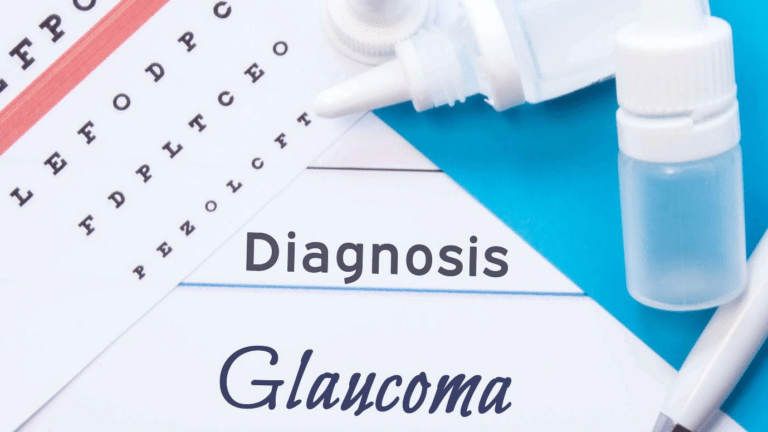Glaucoma 101: Causes, Symptoms, and Treatment
Glaucoma is a common cause of permanent vision loss, and you may not know you have it. Understanding how this condition affects your eyes can help you get treatment and avoid serious long-term vision loss. The most important thing to know about glaucoma is that regular eye exams are the best way to detect and treat it.
What is Glaucoma?
Glaucoma is a condition caused by increased pressure inside the eye (increased intraocular pressure or IOP). The most common cause, open-angle glaucoma, occurs when your eye cannot drain excess fluid. Pressure can build up over many years and slowly damage the optic nerve, the communication channel between the eye and the brain. Other types, such as closed-angle glaucoma, can happen suddenly and require immediate treatment.

What are the Symptoms of Glaucoma?
Open-angle glaucoma is notorious for its ability to progress for decades with few to no symptoms. Most people with glaucoma do not know they have it. Annual eye exams can detect glaucoma before optic nerve damage happens. Untreated glaucoma eventually causes enough damage to cause vision loss, often beginning at the edges and progressing to the center.
Closed-angle glaucoma has different symptoms and is an emergency. This condition occurs when the angle between the iris (colored part of the eye) and cornea narrows or closes, abruptly cutting off drainage and increasing pressure. This form of glaucoma has symptoms such as blurred vision, eye pain, nausea, severe headache, and halos around lights. Seek treatment if you experience these symptoms.
Request a Consultation
We’d love to help you get all the information you need in order to make the best choice for your eyes. Request a consultation today! Our staff is available and happy to answer your every question.
How is Glaucoma Treated?
Your Vold Vision specialist will examine your eyes and develop a customized treatment plan to meet your needs. Many people benefit from a combination of methods. Treatments used will depend on the type and severity of your glaucoma, how much your IOP needs to be reduced, and which methods are safest and most effective for your eyes.
iStent
This 1mm implant, the smallest available, is painlessly inserted to help drain excess fluid. It can reduce or eliminate your need for eye drops or medications and has minimal recovery time. It does not interfere with future procedures and can be placed during cataract surgery. You cannot see or feel the stent in place, making it a good solution for many people.
DURYSTA™
Eye drops can be an inconvenient and inconsistent way to manage glaucoma. If you would like a break from the need for eye drops, you might be a good candidate for DURYSTA™. This biodegradable implant releases glaucoma medication steadily over time, removing the need for eye drops and maintaining consistent medication levels.
XEN®
This tiny implant (less than 2mm and the length of an eyelash) is inserted to allow fluid drainage. This low-risk procedure provides relief for many people who have not achieved good results with other methods. This implant is designed to last and can keep draining your excess eye fluid for many years.
Other Treatments
Medicated eye drops are a first-line glaucoma treatment. Your Vold Vision team offers different medications that can improve drainage or reduce fluid production. Laser treatments are a quick, painless way to improve drainage but require occasional maintenance sessions. Your eye surgeon can also manage your glaucoma by surgically opening the drainage channels or inserting a tube.
Early diagnosis is by far the most important component of glaucoma management. A standard eye exam can detect glaucoma at very early stages, letting your eye doctor begin treatment immediately. People who receive early treatment for open-angle glaucoma have an excellent chance to keep their vision.
What Results Will I See With Glaucoma Treatment?
Each person’s treatment results will differ. If glaucoma has damaged your optic nerve, you will not regain your lost vision, but you can prevent further loss. If you have not yet experienced optic nerve damage, ongoing management can prevent it from occurring. When diagnosed and treated early, glaucoma becomes a manageable condition that responds well to treatment.
Take the Next Step
You’ll benefit not only from the latest technologies available but also from our compassionate, personal approach. You’re more than a patient at Vold Vision in Bentonville and Fayetteville. We strive to make you as comfortable as possible while evaluating the optimal treatment plan just for you. We invite Fayetteville, Rogers, Bentonville, and Springdale residents to contact us today for a consultation at (479) 442-8653.





